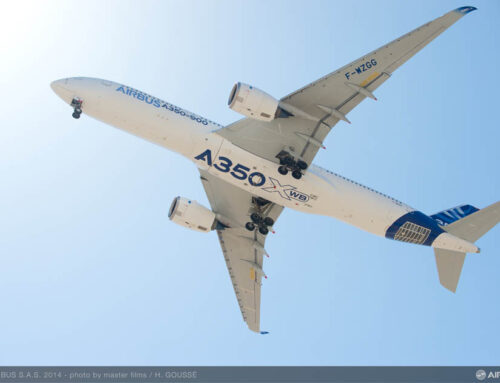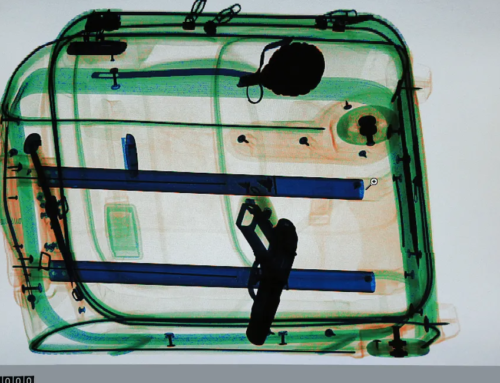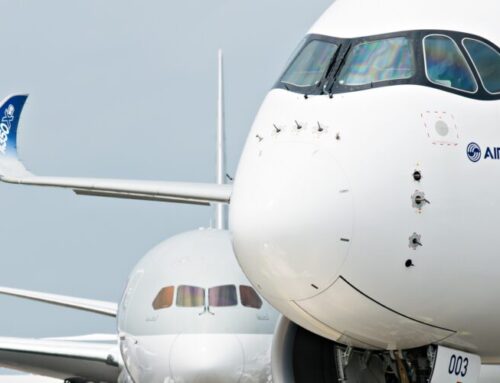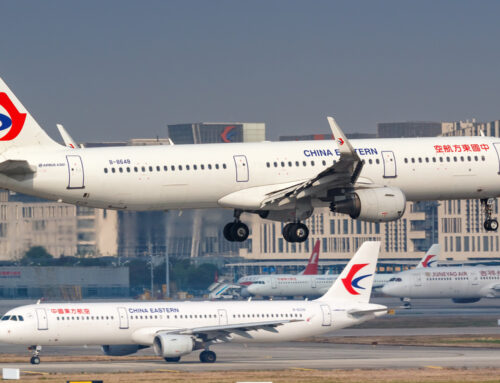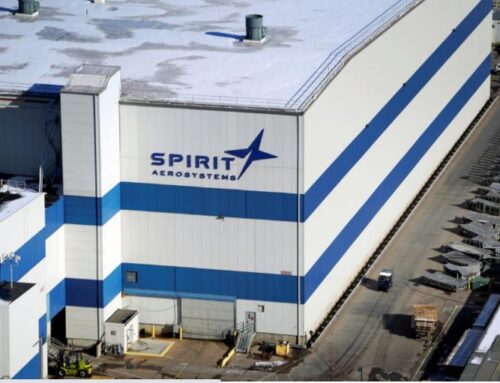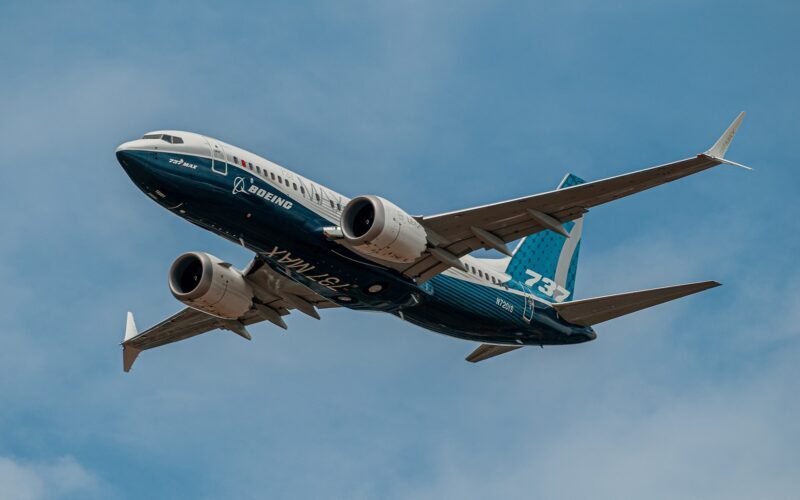
Boeing is experiencing a higher-than-anticipated cash burn rate due to ongoing safety and production issues, particularly with its 737 MAX aircraft, as revealed by CFO Brian West at a recent Bank of America conference. The aerospace giant’s financial struggles have been compounded by a January 5 incident involving a mid-flight panel blowout on a 737-9, drawing heightened scrutiny from U.S. regulators and adding to the frustration of airlines already beleaguered by delivery delays.
West announced that Boeing’s cash burn for the first quarter is projected to be between $4 billion and $4.5 billion, exceeding initial forecasts. This financial strain is occurring against a backdrop of delivery bottlenecks that are affecting airlines worldwide, leading some to reduce routes and seek alternative aircraft to satisfy demand.
In response to these challenges, Boeing has adjusted its 737 production rates below the limit of 38 aircraft per month imposed by U.S. regulators. This deliberate slowdown is part of Boeing’s strategy to prioritize safety and quality over quantity, a move that West acknowledges will impact the company’s performance in the short term.
These production adjustments and the consequent lower delivery volumes are expected to delay Boeing’s achievement of its cash flow target of approximately $10 billion annually, initially projected for 2025 or 2026. West now indicates that reaching this goal will take longer than planned, projecting a new timeline further out within the same window.
Boeing’s commitment to quality control has been thrust into the spotlight following the Alaska Airlines incident, prompting a reevaluation of manufacturing practices at Boeing and its major supplier, Spirit AeroSystems. Amidst these challenges, Boeing is considering the acquisition of Spirit AeroSystems, a move that would be financed through a combination of cash and debt.
As Boeing navigates these hurdles, West has signaled a significant shift in the company’s approach to production, emphasizing the need for fully conforming fuselages and a departure from previous practices that prioritized speed over precision. This strategic pivot comes in the wake of revelations about the Alaska Airlines incident, where the detached panel was found to be missing crucial components.
Despite the financial and operational challenges facing Boeing, the company’s shares experienced a 2.3% increase following West’s disclosure of these developments. This response underscores the market’s reaction to Boeing’s transparent handling of its current difficulties and its commitment to long-term improvement and safety.
Sources: AirGuide Business airguide.info, bing.com, reuters.com

